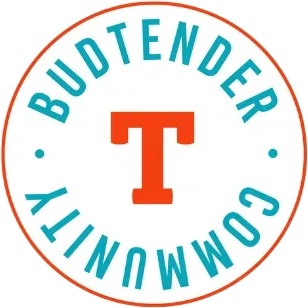This week, the U.S. Food and Drug Administration (FDA) granted long-awaited approval for a clinical trial exploring whether cannabis can help manage veterans’ post-traumatic stress disorder (PTSD).
The trial, which is being led by the Multidisciplinary Association for Psychedelic Studies (MAPS), has faced delays since 2021 due to various objections raised by the FDA. Concerns included the potential risks associated with smoking high-potency marijuana and the study’s dosing method, which allows participants to regulate their intake within set daily limits.
MAPS said on Wednesday that the FDA had lifted its objections, allowing the study to move forward. Notably, the agency no longer opposes smoking as a consumption method or allowing participants to determine the amount they use, provided they stay within a maximum daily dose.
The FDA also approved the use of marijuana with a THC potency equivalent to what is legally sold in states where cannabis is permitted for recreational or medical use. One stipulation from the FDA is that participants must already have experience using marijuana.
According to Allison Coker, MAPS’ director of marijuana research, the study is designed to reflect how veterans might use marijuana in their everyday lives. This includes the method of consumption and the dosage.
Coker explained that many users prefer vaping or smoking marijuana because its effects are immediate—something particularly important for managing PTSD. The FDA had been hesitant about allowing these methods, but MAPS emphasized that these forms of consumption align with real-world usage.
The FDA’s decision marks a significant shift in the federal government’s stance on marijuana research. Coker believes it reflects a growing acknowledgment of its potential benefits rather than focusing solely on its risks. Broader changes in cannabis policy have also influenced this decision. The Biden administration, for example, proposed reclassifying cannabis to reduce its regulatory restrictions, though the process is complex and subject to political shifts.
The MAPS trial will receive $12.9 million in funding from Michigan’s marijuana agency, which allocates revenue from marijuana taxes toward research on its medical uses. It will include 320 veterans diagnosed with PTSD. Researchers will use cannabis sourced from Canada, selected for its high THC levels to match products commonly available in the U.S. legal market.
Coker expressed hope that this approval signals a turning point for marijuana research. MAPS has made all its communications with the FDA publicly available to help guide other researchers navigating similar studies.
Marijuana firms like SNDL Inc. (NASDAQ: SNDL) will be waiting to see the findings from this clinical trial since they could contribute to cementing the place of marijuana as a treatment for some conditions for which conventional medicine has proved ineffective.
About CNW420
CNW420 spotlights the latest developments in the rapidly evolving cannabis industry through the release of an article each business day at 4:20 p.m. Eastern – a tribute to the time synonymous with cannabis culture. The concise, informative content serves as a gateway for investors interested in the legalized cannabis sector and provides updates on how regulatory developments may impact financial markets. If marijuana and the burgeoning industry surrounding it are on your radar, CNW420 is for you! Check back daily to stay up-to-date on the latest milestones in the fast -changing world of cannabis.
To receive SMS alerts from CNW, text CANNABIS to 888-902-4192 (U.S. Mobile Phones Only)
For more information, please visit https://www.CannabisNewsWire.com
Please see full terms of use and disclaimers on the CannabisNewsWire website applicable to all content provided by CNW, wherever published or re-published: https://www.CannabisNewsWire.com/Disclaimer
CannabisNewsWire
Denver, CO
www.CannabisNewsWire.com
303.498.7722 Office
Editor@CannabisNewsWire.com
CannabisNewsWire is powered by IBN



















